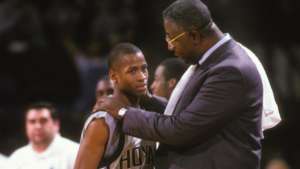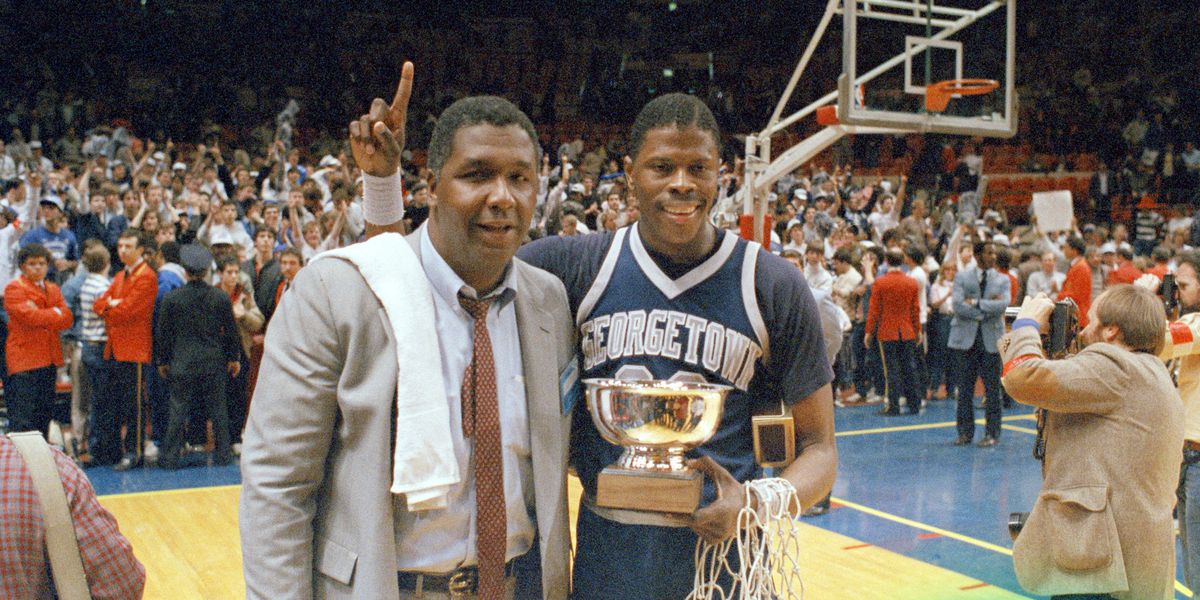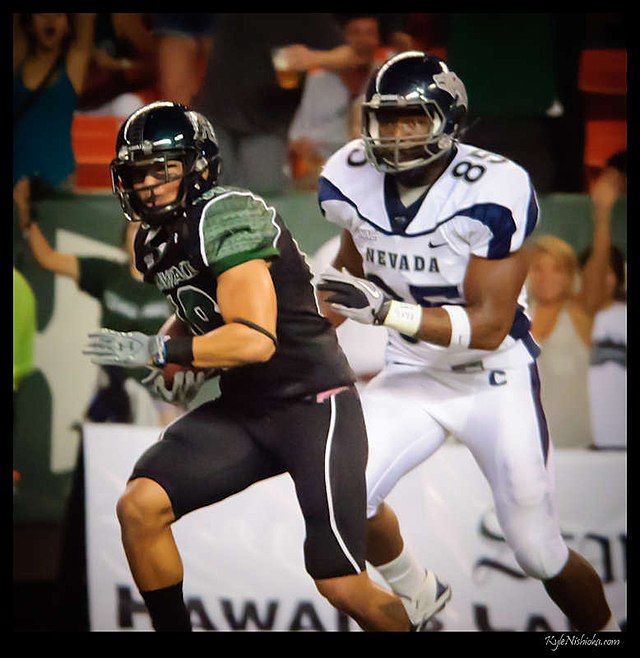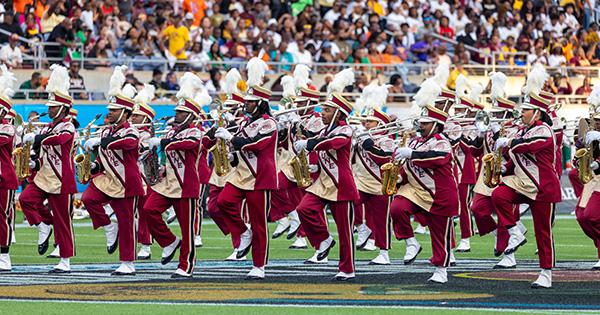John Thompson: A Legacy Even Greater Than His Stature
It was the evening of April 2, 1984. My father and oldest brother were getting ready to watch the true Clash of the Titans. No not Perseus and Poseidon but Houston’s Akeem Olajuwon vs. Georgetown’s Patrick Ewing. Standing on the sidelines of the Hoyas was a striking 6’10 figure wearing a white towel on his gray suite. He was the one and only John Robert Thompson Jr., and little did I know that he was 40 minutes away from becoming the first black head coach to win the NCAA Men’s Basketball Championship. I fell asleep and missed the final buzzer, but I was elated to hear that the Hoyas had cut the nets down and brought the title to the nation’s capital. From that moment on I was attached to Hoya Paranoia and what it represented.
However, Coach Thompson’s life, which came to an end yesterday morning at the age of 79, had an impact on lives that went far beyond the hardwood. He was a DC legend, born and raised, so he knew that he had a special responsibility to not only the school but to the community. When he became the Hoyas coach in 1973, Thompson quickly looked to establish a school that not only won championships, but create a culture of black excellence that extended into the lives of each of his players.
 Coach John Thompson with Allen Iverson
Coach John Thompson with Allen Iverson
He knew how to reach his players with the type of fatherly discipline and love that they needed. Whether it was keeping drug dealers away from Alonzo Mourning or developing a positive environment for Allen Iverson when he was entering the university after much scrutiny, Thompson had the magic touch that made Georgetown the place for troubled young athletes and make them leaders when they went into the NBA or other walks of life. Not everyone’s story had a happy ending under Thompson, but his legacy was one that was greater than his center-designed frame.
He always understood the big picture and was willing to sacrifice his career for the greater good, like when he walked off the court in 1989 to protest Proposition 48, which stated that a freshman could not play if he was academically ineligible. After his retirement in 1999, his excellence extended out into broadcasting and his wisdom was shared in each word on the microphone. I had the opportunity to meet him personally and even for the few short moments when I shook his hand, it was a surreal moment meeting an icon of the DMV.
The life of John Thompson was one of passion and purpose, and he not only put Georgetown on the map but the reality that a black man could lead other black men to victory. Thank you Coach Thompson, for being a true titan.



